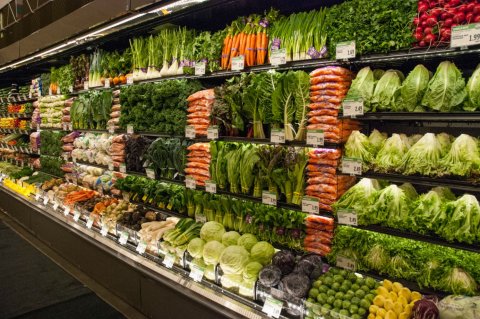Consumer could face an average tariff of 22 per cent on food that the UK imports from the European Union if a trade deal between the political union and Britain is not agreed upon in two years, according to the British Retail Consortium.
This scenario, under which the UK were to default to WTO tariffs, would put upward pressure on consumer food prices. There are currently no tariffs on imports from EU countries.

Britain’s biggest imports from the EU are beverages, fruit, vegetables, meat and fish. If tariff-free trade is not secured British consumers could see tariffs as high as 46 per cent on certain food products such as cheese.
“For food, it is trade with the EU that is most significant to UK retailers and hence the most critical to food prices paid by UK consumers.
To ensure a fair deal, it is crucial that the Government negotiates continued tariff-free trade with the EU in order to avoid upward pressure on food prices. In the view of BRC members, this should be a priority in the negotiations.”
Britain is much less reliant on the EU for non-food goods, presenting new opportunities for the UK “which could represent benefits for consumers,” the BRC added. This means that consumers could see tariffs on items such as clothing drop by as much as 12 per cent.
“New partners in the rest of the world present a big opportunity as nearly half the UK’s non-food imports come from countries where there is no pre-existing EU trade arrangements.
If new deals were negotiated with these countries, UK retailers could see for example, reductions in tariffs on clothes of 12 per cent and leather handbags at 3.0 per cent.”
UK Prime Minister Theresa May has said that she wants to strike a comprehensive free trade deal with the EU over the coming two-year transitional period. However, May has stated that a deal could be scrapped if the EU does not offer a fair deal for Britain.
“Only then should the government look to realise the opportunities presented by new trading relationships with the rest of the world,” BRC chief executive Helen Dickinson said.

